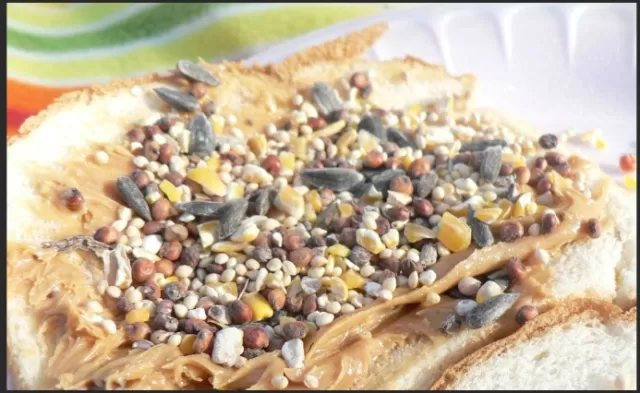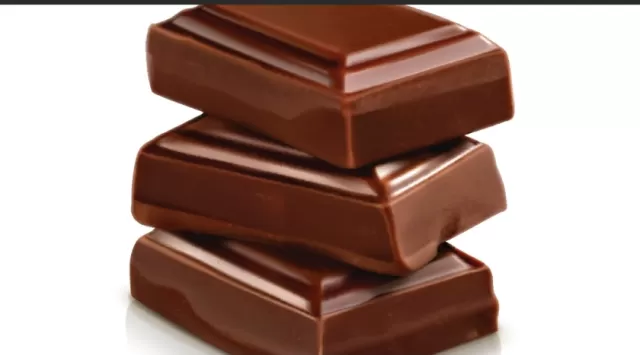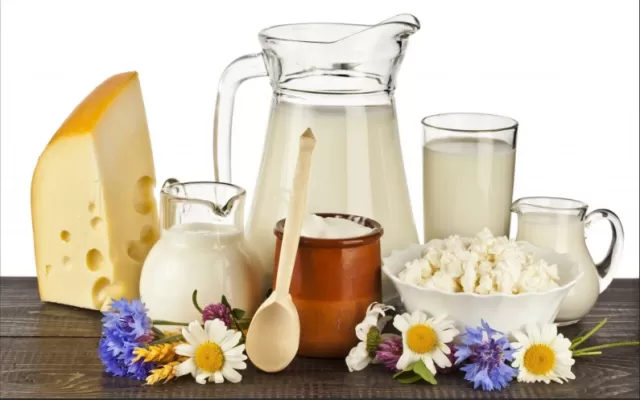Expert Advice: What You Should Never Place in Bird Feeders. Welcoming birds into your landscape brings joy, vibrant colors, and essential pollination to your garden. Hanging bird feeders is a popular way to attract these delightful creatures, but the choice of feed is crucial for their health and well-being. Unfortunately, certain foods may contain harmful additives or toxic ingredients, while others offer little nutritional value. Birding experts emphasize avoiding these common foods and ingredients when filling feeders:
Toxic Additives: Be cautious of foods containing harmful additives or preservatives that can endanger bird health. Opt for natural and unprocessed options to ensure the well-being of your feathered visitors.
Empty-Calorie Choices: Some foods may provide birds with empty calories, lacking the essential nutrients needed for their nourishment. Prioritize options that offer a balanced diet to support their overall health.
By making informed choices and avoiding potentially harmful foods, you contribute to the well-being of the birds in your garden, creating a welcoming environment for them to thrive and bring vitality to your outdoor space.
Birdseed Caution: Avoid Offering Aged or Spoiled Mixes

Exercise caution when providing birdseed to our feathered friends.
Refrain from offering seed mixes that are old, spoiled, or have been exposed to moisture, as they may go rancid and develop mold. The growth of mold can produce toxins that pose a severe threat to birds, potentially proving fatal.
It is crucial to understand that birds should not be fed from seed bags that have been improperly stored or left unsealed for extended periods. As experts at ABC advise, it’s essential to prioritize the freshness and quality of birdseed to ensure the well-being of our avian companions.
Bird Feeding Safety: Remove Seeds and Pits from Fruits
While providing birds with certain fruits is generally safe, it is crucial to take precautions by removing seeds and pits before offering them.
Some fruit pits and seeds, such as those found in apples and pears, contain traces of cyanide, which can be harmful to birds. Following the advice of experts at ABC, it is best practice to eliminate seeds from fruits like apples, pears, cherries, oranges, and peaches before presenting them to birds. This simple precaution ensures that our feathered friends enjoy a safe and nourishing dining experience.
Chocolate Warning for Birds: A Lethal Threat

Exercise extreme caution when it comes to offering chocolate to birds, as it is highly toxic and poses severe health risks.
Chocolate contains theobromine, a substance found in cocoa beans, which can lead to convulsions, heart arrhythmia, vomiting, and, in some cases, death in birds. The experts at ABC emphasize that birds lack the necessary enzymes to digest theobromine, making chocolate ingestion particularly hazardous for them.
It is imperative to keep all chocolate products out of reach and refrain from incorporating them into bird diets to ensure the well-being and safety of our feathered companions.
Caution with Dry Beans: Uncooked Varieties Can be Toxic to Birds
Exercise prudence when considering offering dried beans to birds.
The experts at ABC caution against providing uncooked beans, as some types contain a substance known as phytohemagglutinin, which can be toxic to birds. It’s crucial to note that cooking beans effectively removes this potentially harmful substance, rendering them safe for avian consumption. Therefore, if you intend to include beans in a bird’s diet, it is imperative to ensure that they are thoroughly cooked to eliminate any risk of toxicity associated with phytohemagglutinin.
Caution with Dairy: Exclude Cheese and Milk Products from Bird Feeders

Exercise care when considering what to include in bird feeders, and specifically, refrain from offering dairy products such as cheese.
According to the experts at ABC, birds lack the necessary enzyme to break down lactose found in milk and other dairy items. Therefore, it is advisable to avoid placing dairy products in bird feeders to ensure the well-being of our feathered friends.
Opt for bird-friendly alternatives that align with their digestive capabilities for a safe and nourishing feeding experience.
*The information is for reference only.